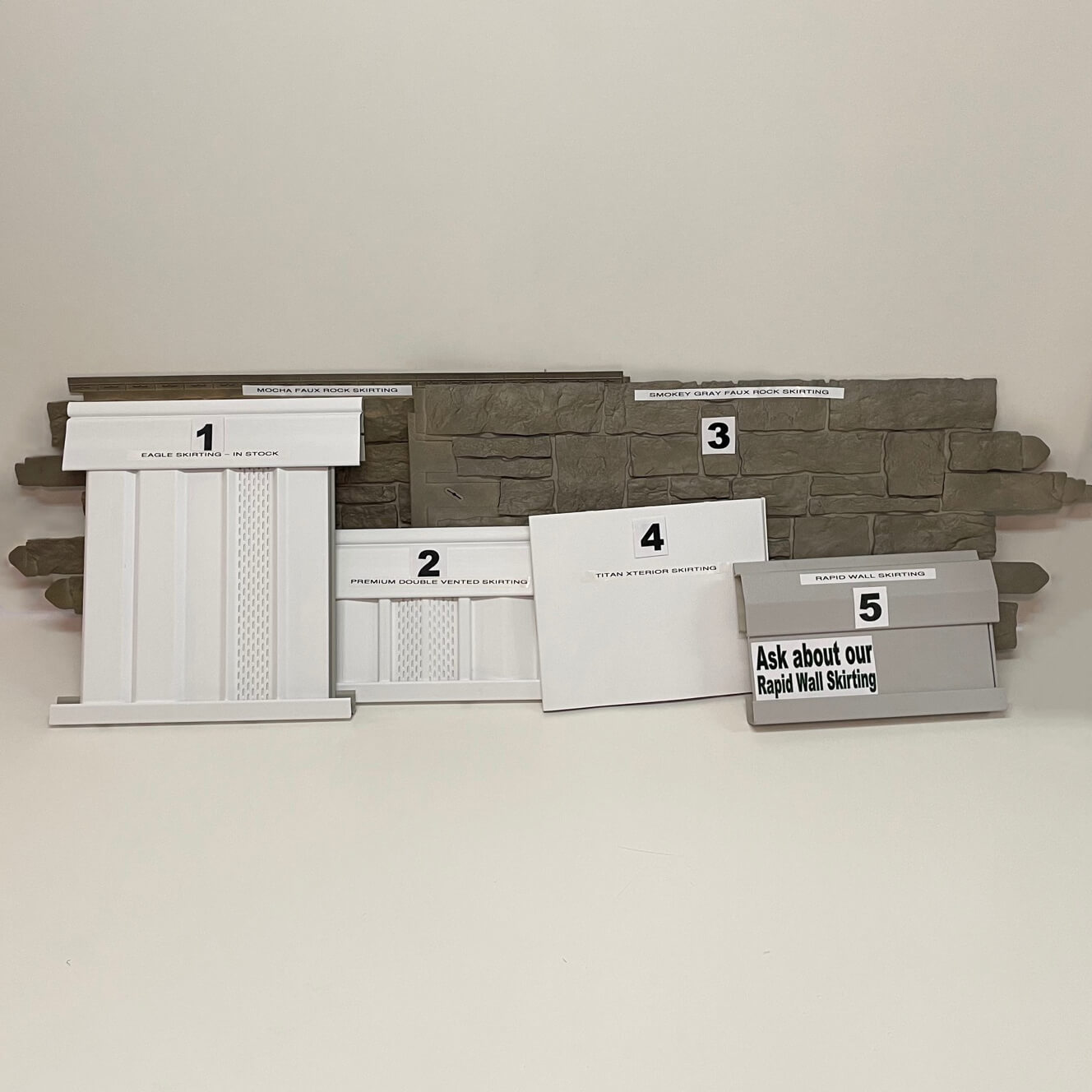Are Mobile Homes Energy Efficient?
Homeowners are more concerned than ever about energy efficiency in their homes. Demand for energy-efficient homes is high as Americans strive to reduce their energy bills and their carbon footprints. If you’re considering buying a manufactured home, you might be wondering how to find an energy-efficient model.
Fortunately, the news is good: Manufactured homes have become steadily more energy efficient as innovation has improved building techniques and materials. Here, we’ll discuss the latest in energy-efficiency developments for manufactured homes. We’ll also talk about the most important things that owners of manufactured homes can do to improve their homes’ energy efficiency.
To begin, let’s look at a brief history of energy efficiency in manufactured homes.
Humble Beginnings
Manufactured homes have not always been known for energy efficiency. When mobile homes first became popular in the ’70s, they were often constructed using inexpensive materials that provided minimal insulation. As mobile homes became more popular, the government decided to protect homeowners by implementing regulations.
The U.S. government’s HUD Code, implemented in 1976, changed manufactured housing for the better by introducing stringent new standards for construction and durability. The code was updated again in the ’90s, creating new standards for energy efficiency as society became increasingly aware of the environmental impacts of energy consumption.
Changing Standards
As the 20th century gave way to the 21st, standards for manufactured homes continued to increase. Regulatory and market pressure spurred home manufacturers to continue developing their technology, and the result was an ever-increasing level of energy efficiency in manufactured homes.

In 2016, the Department of Energy put out a new set of standards for making manufactured homes even more energy efficient. These standards are designed to save manufactured homeowners up to 30 percent on their energy bills, meaning that current and future generations of manufactured homes will offer the greatest energy efficiency yet.
Energy Efficiency in Today’s Manufactured Homes
New manufactured homes today are designed with energy efficiency in mind. Their HVAC systems are designed to equalize temperatures across a home’s heating and cooling zones, and their walls, floors and roofs are made from combinations of state-of-the-art building materials that improve the home’s R-value, or the rate at which its insulating materials prevent the flow of heat.
Clayton Homes, one of the leading home manufacturers, provides an example of R-values that buyers can expect from a modern, energy-efficient manufactured home. Homes with Clayton’s Energy Smart Home package include R-values of:
- Walls: R-11
- Ceilings: R-33 or R-30 for vaulted ceilings
- Floors: R-22
Since manufactured homes are built in factories, a builder’s engineers can also fine-tune the manufacturing process to ensure quality control. That’s critical to ensure that manufactured homes are consistently built for maximum energy efficiency and year-round performance.
Energy Star Manufactured Homes
Many of the best energy-efficient manufactured homes now come with certifications from Energy Star, the government program that helps buyers identify more energy-efficient products. Buyers can expect all of the following from an Energy Star manufactured home:
- Superior insulation
- Tighter and more efficient ductwork
- Highly efficient hot water systems
- Energy-efficient windows

Home manufacturers such as Clayton Homes have become leaders in production of Energy Star manufactured homes. The results are impressive: Clayton has earned EPA honors as a market leader in the development and sale of energy-efficient mobile homes, and they also run an enormously successful program that recycles thousands of tons of manufacturing waste, keeping it out of landfills.
Tips for Improving Energy Efficiency
Whether you own an Energy Star manufactured home or not, you can help improve the energy efficiency of your manufactured home through some relatively simple steps. Generally, these steps all have the goal of upgrading your home’s R-value:
- Upgrade your home’s insulation and add a belly wrap to your home if it doesn’t have one.
- Install energy-efficient double-pane windows and make sure all windows are tightly sealed.
- Install insulated skirting to help control heat transfer from the underside of your home.
- Keep your home’s caulking in good order and re-caulk windows as necessary.
- Install weatherstripping around doors.
- Upgrade your appliances and lighting fixtures to more energy-efficient models.









